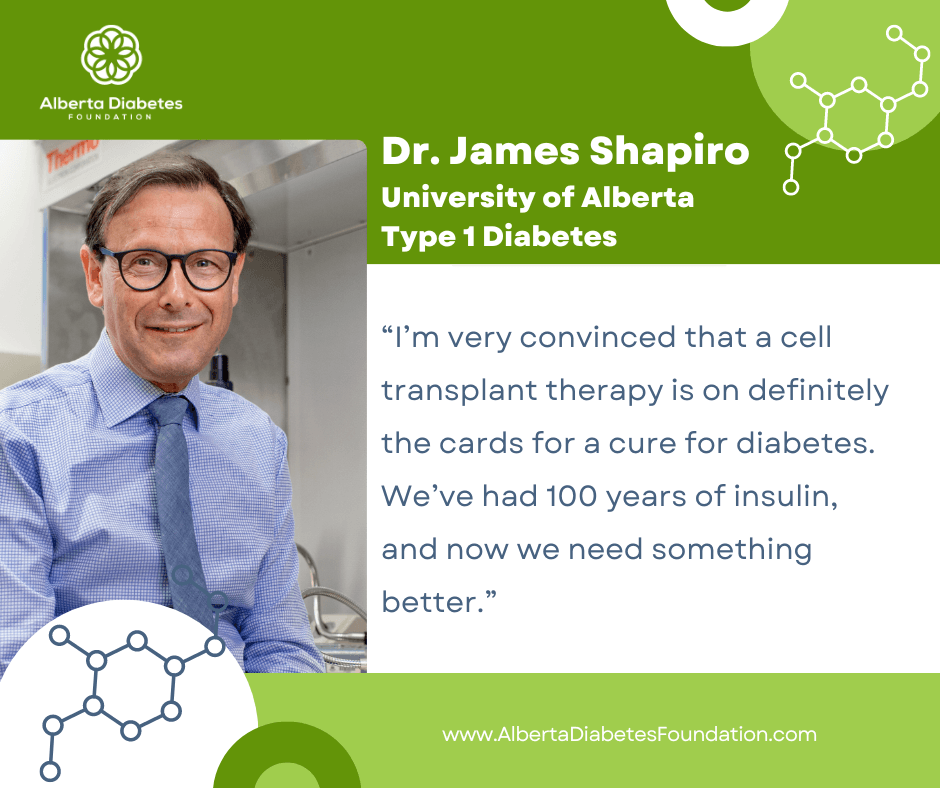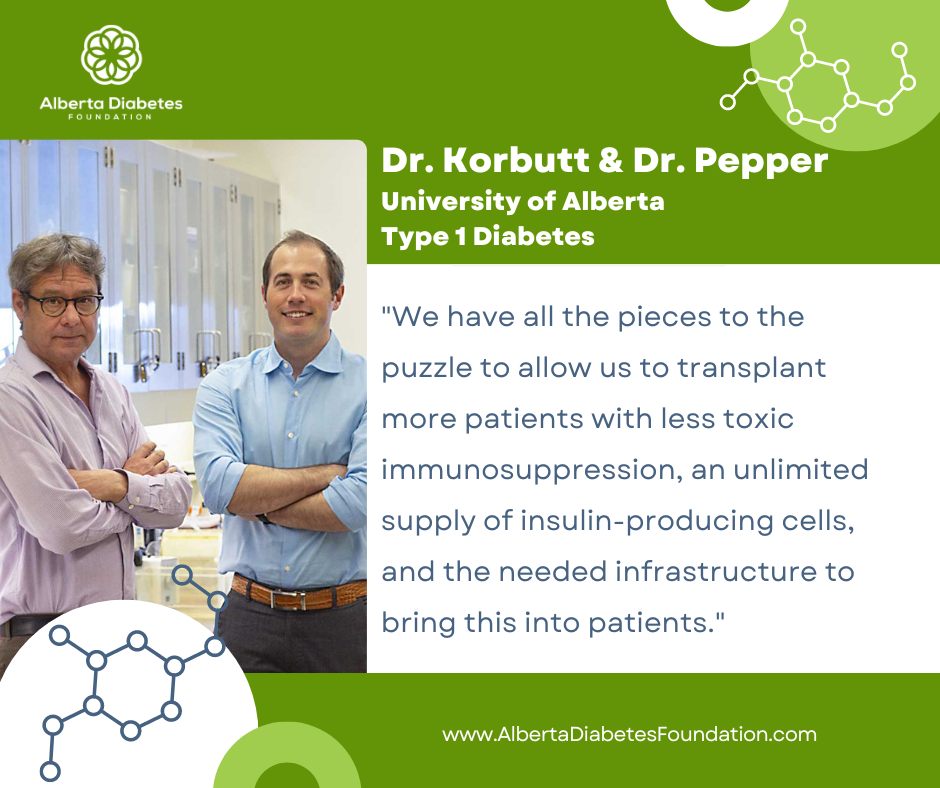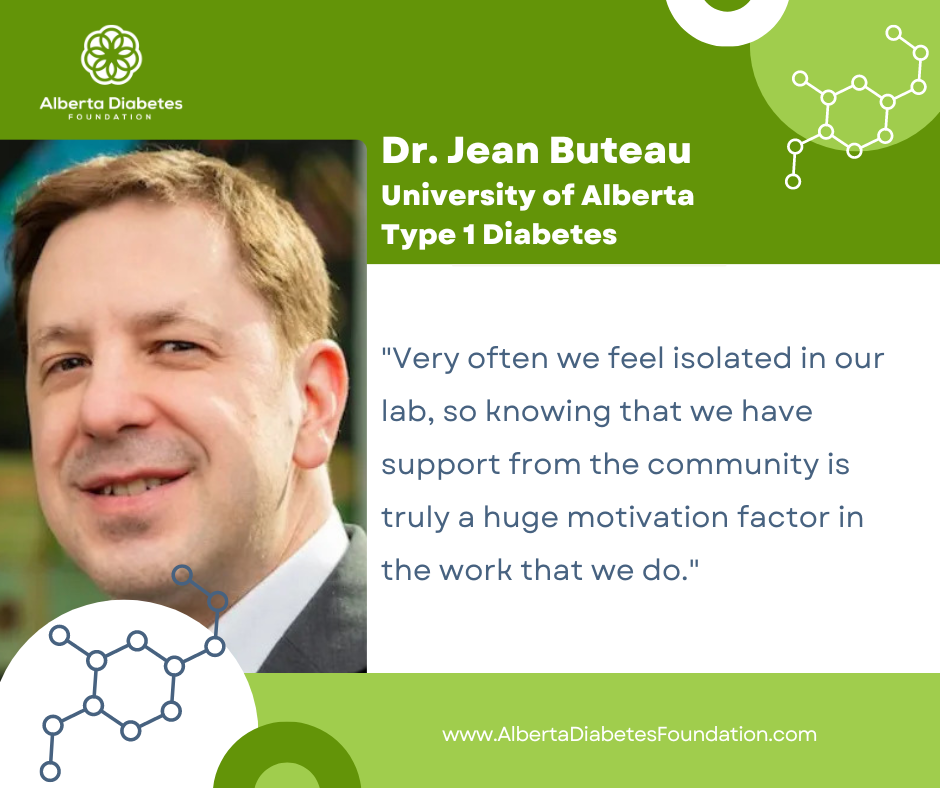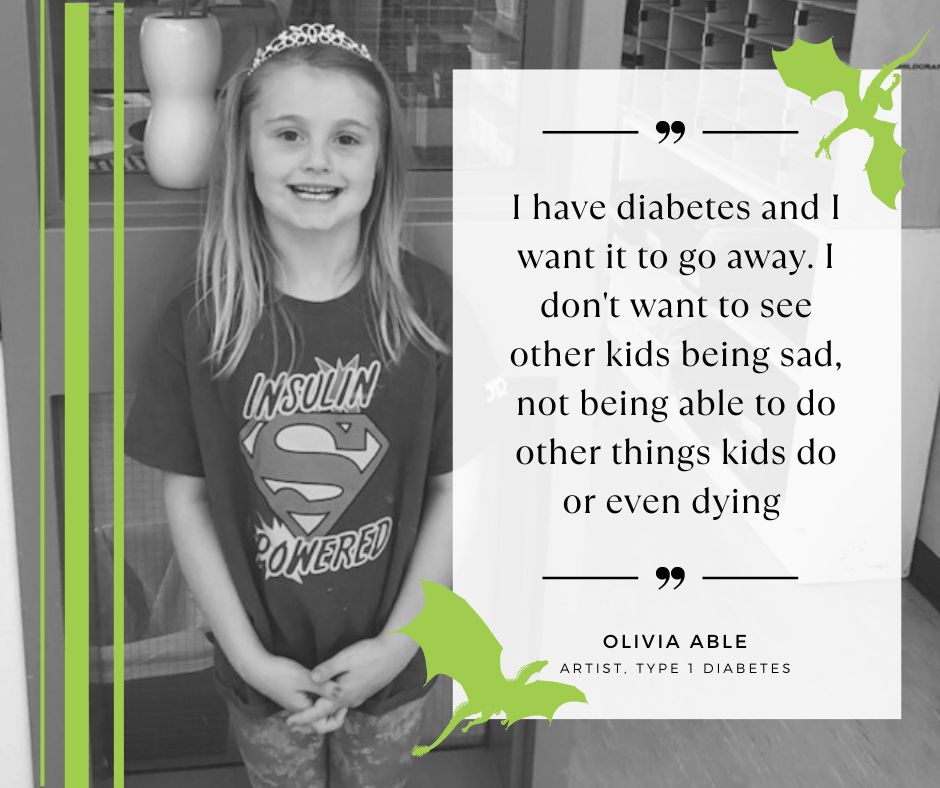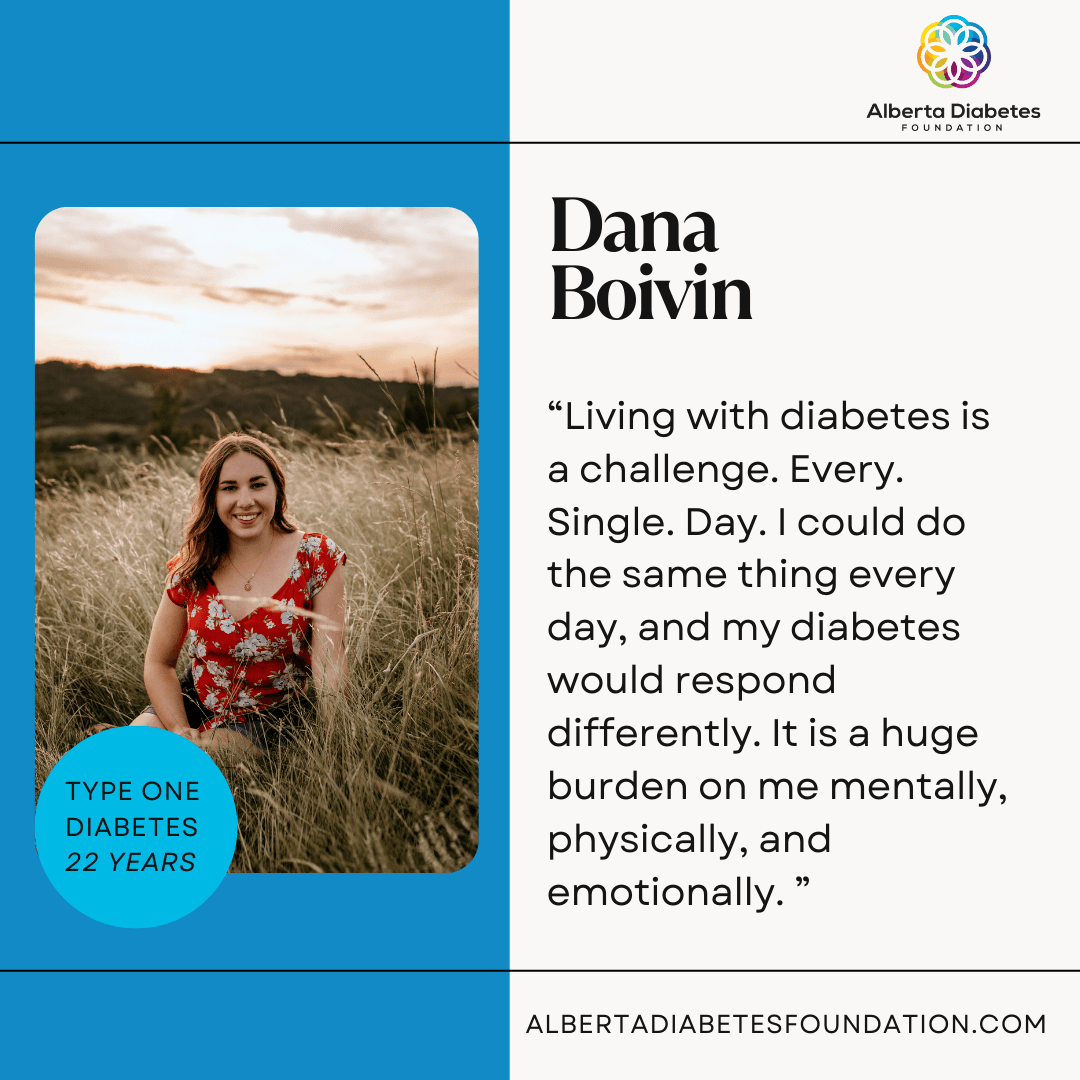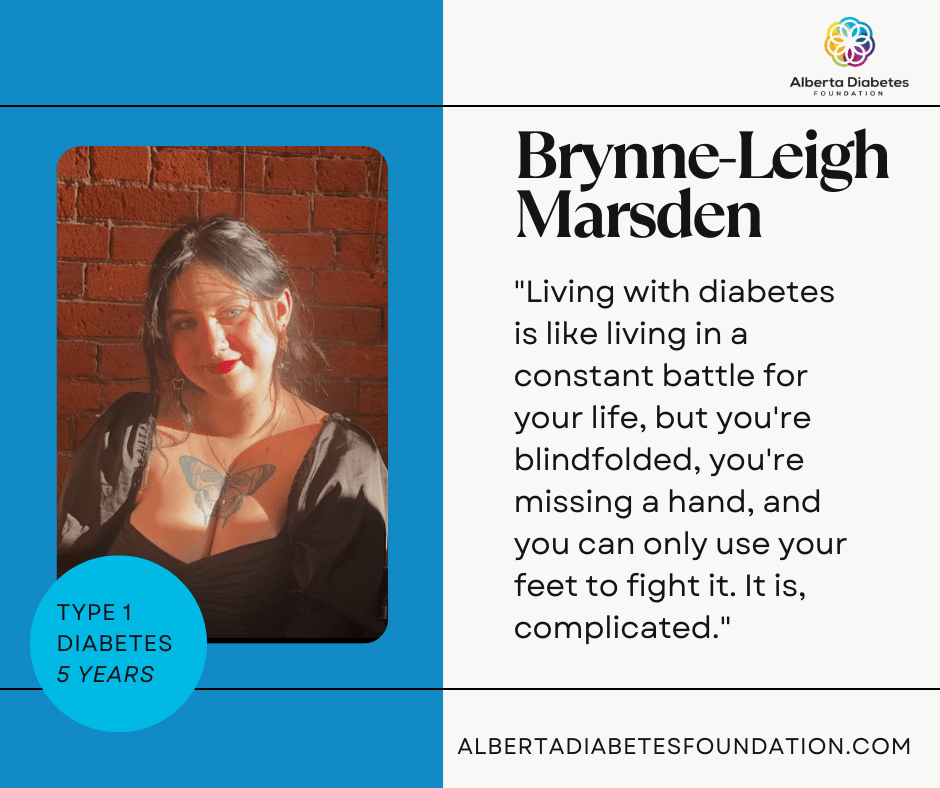5 (Un)Common Myths about Diabetes
Did you know insulin cures type 1 diabetes? You may have thought so, but you're wrong. Let's clear up other misconceptions there may be about diabetes.

Diabetes is a complex disease that millions of Canadians struggle with. In Alberta alone, there are 1 million people suffering from diabetes and prediabetes. With so many people affected, it is easy to create generalizations about what a group of people go through, even though everyone manages their diabetes in different ways.
Because of this, we want to do debunk some common and not so common myths about diabetes.
Common Myth #1: Insulin is a cure for diabetes.
Currently, there is no cure for diabetes. Insulin is only a maintenance tool that helps regulate and control diabetes. Insulin injections—which keep blood glucose levels in check—act as a substitute for individuals who cannot produce insulin on their own or are insulin intolerant.
Common Myth #2: Only overweight or old people get diabetes.
You are at an increased risk for type 1 diabetes [CJ1] if you have a parent or sibling who has diabetes because type 1 is genetic—a predisposition pattern is passed down through families, although the inheritance pattern is unknown. Weight and age factors do contribute to your risk of getting type 2 diabetes. However, you are also at risk of type 2 diabetes with any of the following factors: a family member has diabetes, you are part of a high risk group (Hispanic, Native American, South Asian, Asian, or of African descent), or if you have high blood pressure, to name a few.
Many people don’t realize that type 1 diabetes is a chronic disease that occurs when the immune system attacks cells in the pancreas; it isn’t caused by poor diet or lack of exercise. Type 1 diabetes is believed to be genetic or brought about through exposure to certain viruses. Type 2 diabetes occurs when the body can’t properly use the insulin that is released or when the body doesn’t make enough insulin. Although weight and age do contribute to your risk of developing type 2 diabetes, there are other factors, including diabetes history in your family, descendency (Hispanic, Native American, South Asian, Asian, and African descents have a higher risk), and blood pressure, to name a few.
Common Myth #3: You must avoid sugar at all costs if you have diabetes.
A diabetic’s recommended diet is not all that different than one recommended for a non-diabetic. People living with diabetes can still have sugary foods, carbs, and starches; however, it is important to look at how much of these foods you should consume—as a diabetic or non-diabetic. People with diabetes are recommended to have no more than 10% of their daily caloric intake come from sugar, while a person without diabetes may have up to 25%.
Uncommon Myth #1: There are only two types of diabetes.
The most common types of diabetes are type 1 and type 2. But did you know there is a third type called gestational diabetes ? This happens temporarily during pregnancy and increases both the mother’s and the child’s risk of developing diabetes (2% to 4% of pregnancies by non-aboriginal women experience gestational diabetes). There is prediabetes, which occurs when your blood glucose levels are higher than normal, but not enough to be considered type 2 diabetes. Diabetes UK even suggests that there are 12 forms of diabetes!
Uncommon Myth #2: Diabetes is a physical condition only.
Diabetes and denial: there’s more to diabetes than just it just being a physical affliction. There is no denying the mental health issues that diabetes can cause.
Constantly dealing with diabetes management, stressing over blood glucose levels, and worrying about the many complications that diabetes brings (such as heart attacks, blindness, and kidney disease) can also have a significant impact on a person’s mental health.
People struggling with diabetes are more vulnerable to anxiety, depression, and eating disorders. 30% of Canadians living with diabetes were affected by depression, and 10% experienced major depression. Poor mental health can have a snowball effect on your physical health. Just imagine how much harder it can be to work at getting your health in order when you are feeling depressed on top of your physical symptoms.
Uncommon Myth #3: Diabetes is easily detectable.
There is no one sure way to know if you have diabetes. It can mask itself under a variety of common sickly symptoms like fatigue, unusual thirst, or weight change. Look for symptoms such as tingling or numbness in the hands or feet, blurred vision, or cuts and bruises that are slow to heal, as these may be more specific to diagnosing diabetes.
While there are symptoms , there are individuals who display no signs of type 2 diabetes , which makes annual health checks and blood-work a good habit.
Diabetes is a complicated disease that affects approximately 1 million Albertans which was 25.6% of Alberta’s population as of 2016. Even more, this amount is estimated to double by 2026.
With the numbers of Canadians estimated to have diabetes only increasing in the coming years, taking preventative measures will put your health ahead of the game. Diabetes Canada provides a short questionnaire you can complete to see if you are at risk of prediabetes or type 2 diabetes.
LET'S WORK TOGETHER TO FIND A CURE.
VISIT US
1-020 Li Ka Shing Centre
University of Alberta
Edmonton, AB, T6G 2E1
Office Hours
Monday-Friday 8:30-4:00
If you would like to set up an appointment at our office, please set up an appointment by contacting us at
info@abdiabetes.com



